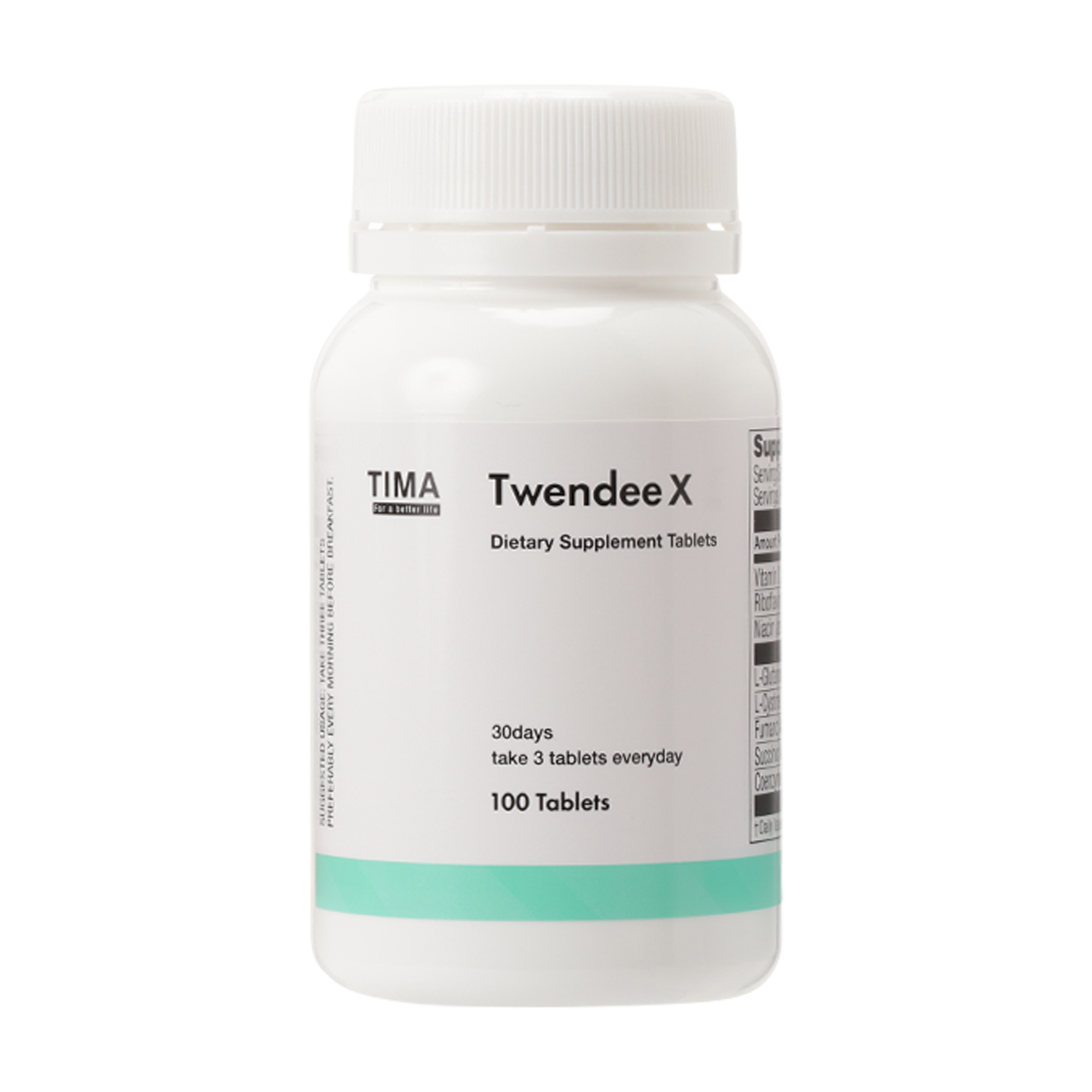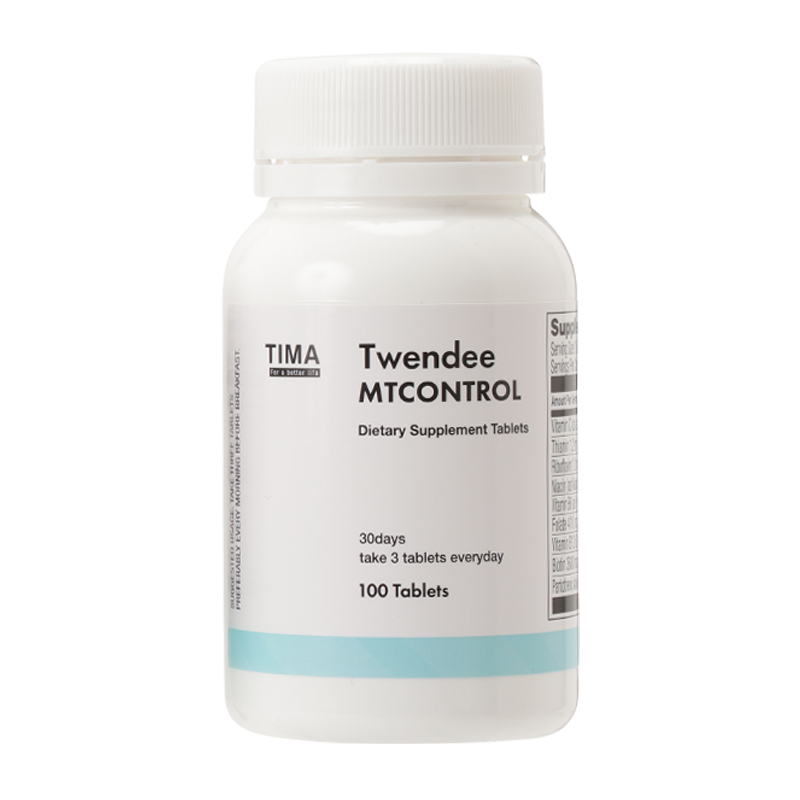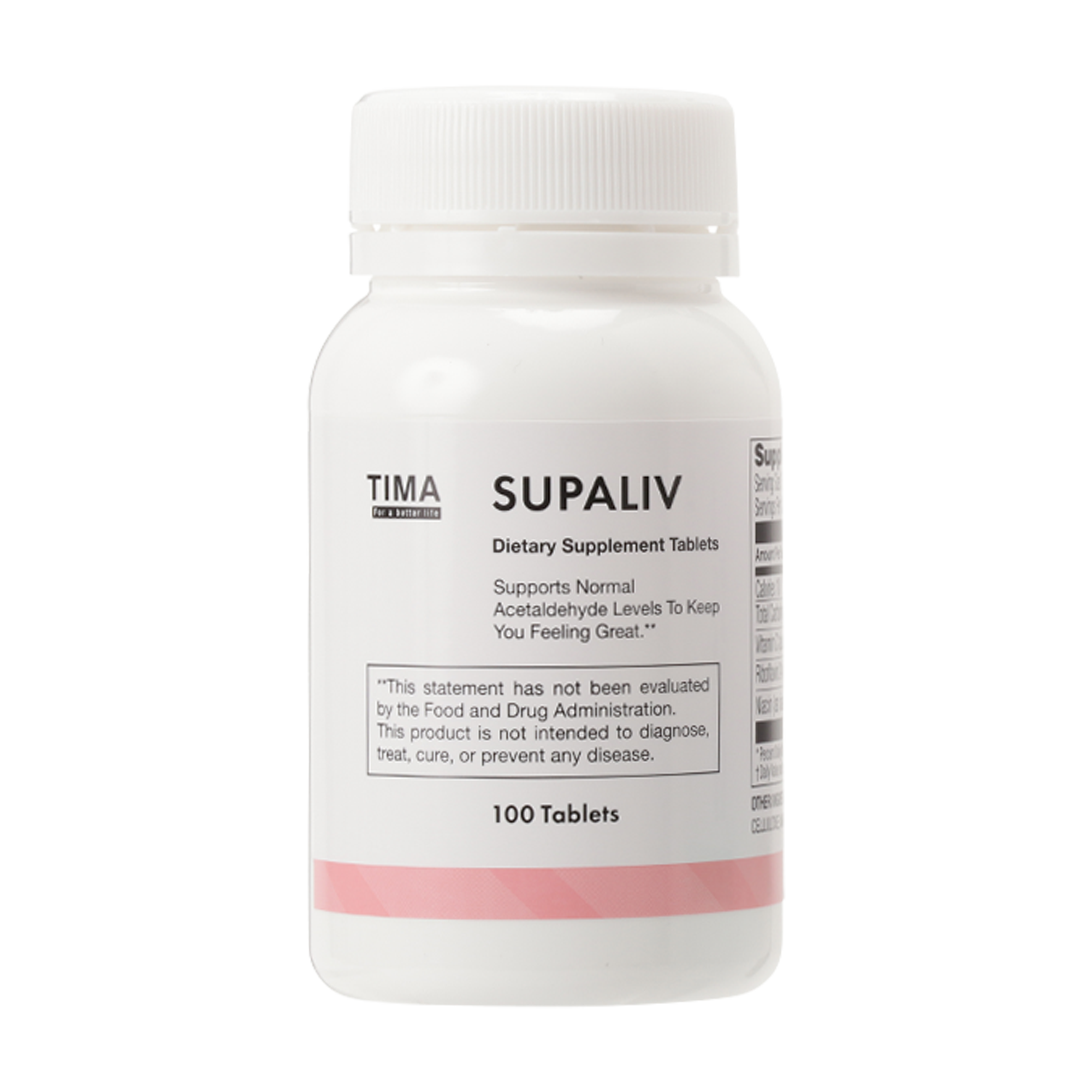Thesis on Oxidative Stress and "gastric ulcer"
- Paper title
- Pharmacological Correction of Stress-Induced Gastric Ulceration by Novel Small-Molecule Agents with Antioxidant Profile
- Abstract summary
- The gastroprotective effect of (2-hydroxyphenyl)thioacetyl derivatives of L-lysine and L-proline is at least partially dependent on the correction of gastric mucosa oxidative balance.
- Authors
- K. Kudryavtsev, Anna O. Markevich, O. Virchenko, T. Falalyeyeva, T. Beregova, L. Ostapchenko, D. V. Zabolotnev, N. S. Zefirov
- Journal
- TheScientificWorldJournal
- Semantic Scholar URL
- https://semanticscholar.org/paper/8760c9de446b4a2fea1e2308d874127d106f279f
- Abstract
-
This study was designed to determine novel small-molecule agents influencing the pathogenesis of gastric lesions induced by stress. To achieve this goal, four novel organic compounds containing structural fragments with known antioxidant activity were synthesized, characterized by physicochemical methods, and evaluated in vivo at water immersion restraint conditions.
The levels of lipid peroxidation products and activities of antioxidative system enzymes were measured in gastric mucosa and correlated with the observed gastroprotective activity of the active compounds. Prophylactic single-dose 1 mg/kg treatment with (2-hydroxyphenyl)thioacetyl derivatives of L-lysine and L-proline efficiently decreases up to 86% stress-induced stomach ulceration in rats.
Discovered small-molecule antiulcer agents modulate activities of gastric mucosa tissue superoxide dismutase, catalase, and xanthine oxidase in concerted directions. Gastroprotective effect of (2-hydroxyphenyl)thioacetyl derivatives of L-lysine and L-proline at least partially depends on the correction of gastric mucosa oxidative balance.








